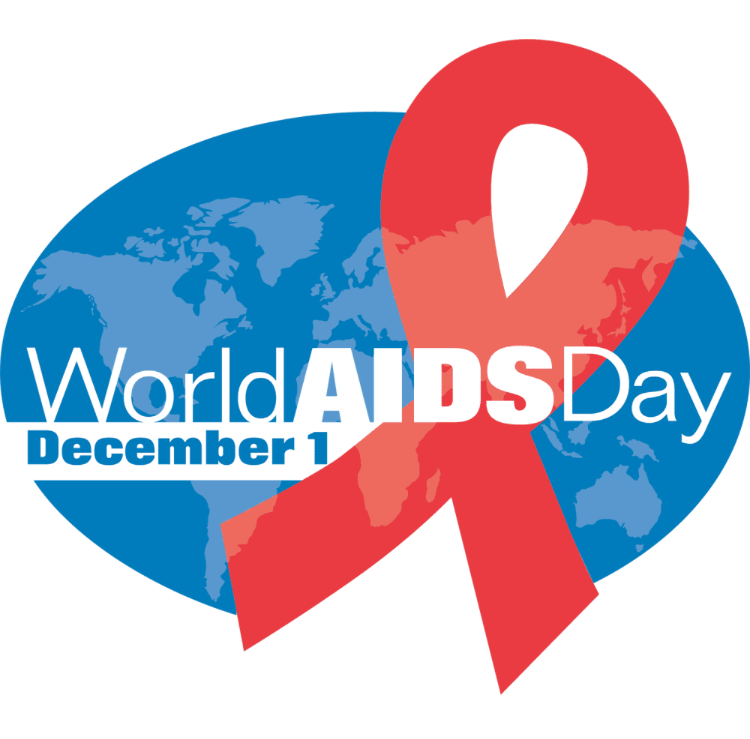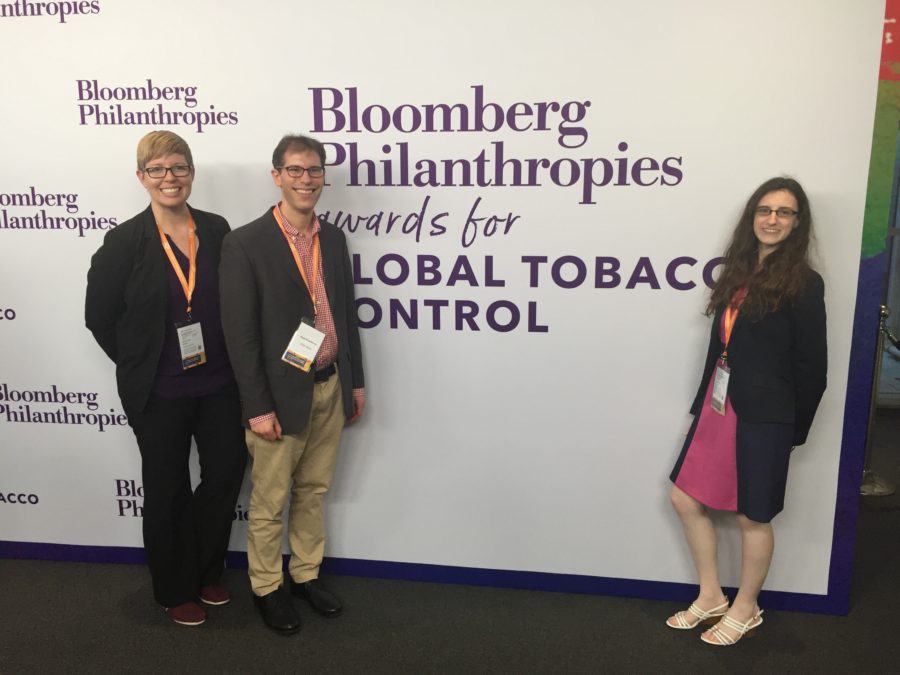World AIDS Day
Lisa Black – November 30, 2018
December 1, 2018 is World AIDS Day. This year’s federal theme is “Saving Lives through Leadership and Partnership.” HIV, the virus that causes AIDS, is a serious public health crisis. According to (UNAIDS) the Joint United Nations Program on HIV/AIDS, there were approximately 36.9 million people worldwide living with HIV/AIDS in 2017; 1.8 million are children who are under the age of 15. In 2017, an estimated 1.8 million individuals worldwide became newly infected with HIV—nearly 5000 new infections per day. This includes 180,000 children, most of whom live in sub-Saharan Africa and were infected by their HIV-positive mothers during pregnancy (mother-to-child transmission) or during breastfeeding.
According to the Centers for Disease Control, pregnant women and their babies are at risk because:
- Pregnant women with HIV may not know they are infected, and women may not know that their partner has HIV.
- Preconception care and family planning services are often not provided in HIV care settings.
- Women living with HIV may not know they are pregnant, how to prevent or safely plan a pregnancy, or what they can do to reduce the risk of transmitting HIV to their baby.
- The risk of transmitting HIV to the baby is much higher if the mother does not stay on HIV treatment throughout pregnancy, labor, or delivery, or if HIV medicine is not provided to her baby. The risk is also higher if the mother acquires HIV during pregnancy.
- Social and economic factors, especially poverty, may make it harder for some women living with HIV to access health care.
In recognition of World AIDS Day, we are dedicated to, “Saving Lives through Leadership and Partnerships.”
The Bizzell Group (Bizzell) is committed to improving global health and we recognize that economic growth of nations. It is our mission to provide quality research, education, training, and technical assistance related to this worldwide public health crisis. We are a leader in partnering to set global standards for HIV prevention, the care and treatment of pregnant women, prevention of mother-to-child HIV transmission; and the development of evidence-based strategies and global health initiatives.
Bizzell offers full-scale global and social impact assessments. Our team members and subject matter experts have vast experience in addressing global health disparities, with an emphasis on improving worldwide health conditions by using data-driven strategies. We offer expert support in the monitoring, evaluation, and learning framework; program and knowledge management; technology solutions; logistics; environmental scans; baseline studies; needs assessments; program development and implementation; and compliance and program auditing.
Bizzell has supported programs across the globe. We are committed to improving global health conditions by offering our expertise and cadre of subject matter experts to identify and address health disparities. Our goal is to find sustainable solutions to intractable international problems by supporting agencies, organizations, or other governing bodies who are equally committed to making a positive global impact. Bizzell staff has previously managed programs in Africa including Nigeria, Kenya, South Africa, Tanzania, and worked in Asia, including Thailand, has supported programs in Europe, and provided expert support in Haiti and the Pacific Islands. Under the President’s Emergency Plan for AIDS Relief (PEPFAR), Bizzell staff worked to improve global health and reduce the impact of HIV/AIDS. Bizzell staff has also provided proposal development, and programmatic and administrative support for the Military Malaria Research Program, which supports the development of a vaccine and drugs to treat malaria.
The Bizzell team oversaw the National Center for HIV/AIDS, Viral Hepatitis, STD, and TB Prevention (NCHHSTP) Global AIDS Program that established technical and financial infrastructure systems for the Global AIDS Program’s (GAP). Bizzell supported the GAP missions in Ethiopia and Malawi by developing protocols for establishing and sustaining relationships between U.S. entities and local organizations, such as the Ministry of Health (MoH), military, local schools, and hospitals. This included developing, designing, and implementing administrative systems within the Office of the Chief of Party, including procurement, budget, and personnel systems. The Bizzell team also established and implemented monitoring and evaluation systems, including evidence- based trainings to support effective public health programs for HIV/AIDS, TB and STI in Ethiopia, and facilitated linkages to other in-country programs and organizations for sharing of monitoring and evaluation data.
Bizzell; “Saving Lives through Leadership and Partnerships.”




